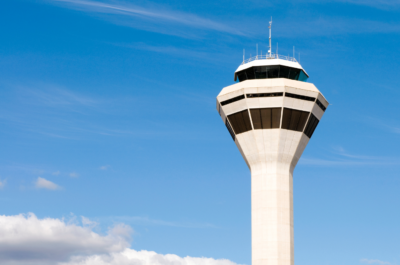Under the pretext of opacity and corruption risk, the Constitution Court ruled that the 2-trillion-baht investment to modernize infrastructure was in violation of the constitution of 2007. Although the way to launch infrastructure mega-projects could have been flawed, the Court decision is definitely in violation of Thailand’s necessary path towards modernization…
BANGKOK- It has been fighted from Day One by the opposition since presented a year and a half ago: a loan to finance infrastructure up to two trillion Baht launched by the Thai Government has been unanimously rejected last week by Thailand’s Constitution Court.
Of course, the sum was enormous and judges ruled out that the debt level would jeopardy government’s finances for a long time. But by ruling also that future infrastructure investments can only be financed within the State budget, the court insidiously put a stop to Thailand’s ambitions to undergo a necessary modernization of its infrastructure. Thai and foreign business had been extremely supportive to improve the country’s basic infrastructure.
Although roads network in the Kingdom are probably among the best in Southeast Asia, other means of transportation are almost at the same level than half a century ago: the train system is among the worst in Asia –even Indonesian trains are quicker and more comfortable-, ports infrastructure are disastrous while the necessary development of public transport in Bangkok is at least two decades late and non existant in other large cities. In the THB 3 trillion program was included the development of high-speed rail links between Bangkok and upcountry, double-track rail links to support cargo as well as new roads nationwide.
Financing now all these infrastructures only through the annual state budget will be done if many projects are abandoned and priority given to only a few of them. It also means that –according to the tricky political game in Thai parliament- approving new projects will be submitted to negotiation among parties with its correlated acts of corruption and nepotism. According to budget experts, expenses to cover initial investment costs during the first year are expected at around THB 70 to 80 billion. A sum that the Thai budget could still cover without looking for a loan. But what about the following years?
With the AEC (ASEAN Economic Community) coming into force at the end of 2015, the current political crisis and the setback by the Court is denting into the future of Thailand. Especially as neighbouring countries –particularly the ones belonging to the Greater Mekong Sub-region (Vietnam, Myanmar or Cambodia)- are just waiting to escape from Thailand dominance and assert themselves on the world stage as new economic powers. It could also slowdown economic growth in the future as investments will be delayed. Except if finally the private sector is stepping in side by side with the State to speed up the necessary investments…
Luc Citrinot a French national is a freelance journalist and consultant in tourism and air transport with over 20 years experience. Based in Paris and Bangkok, he works for various travel and air transport trade publications in Europe and Asia.












































































